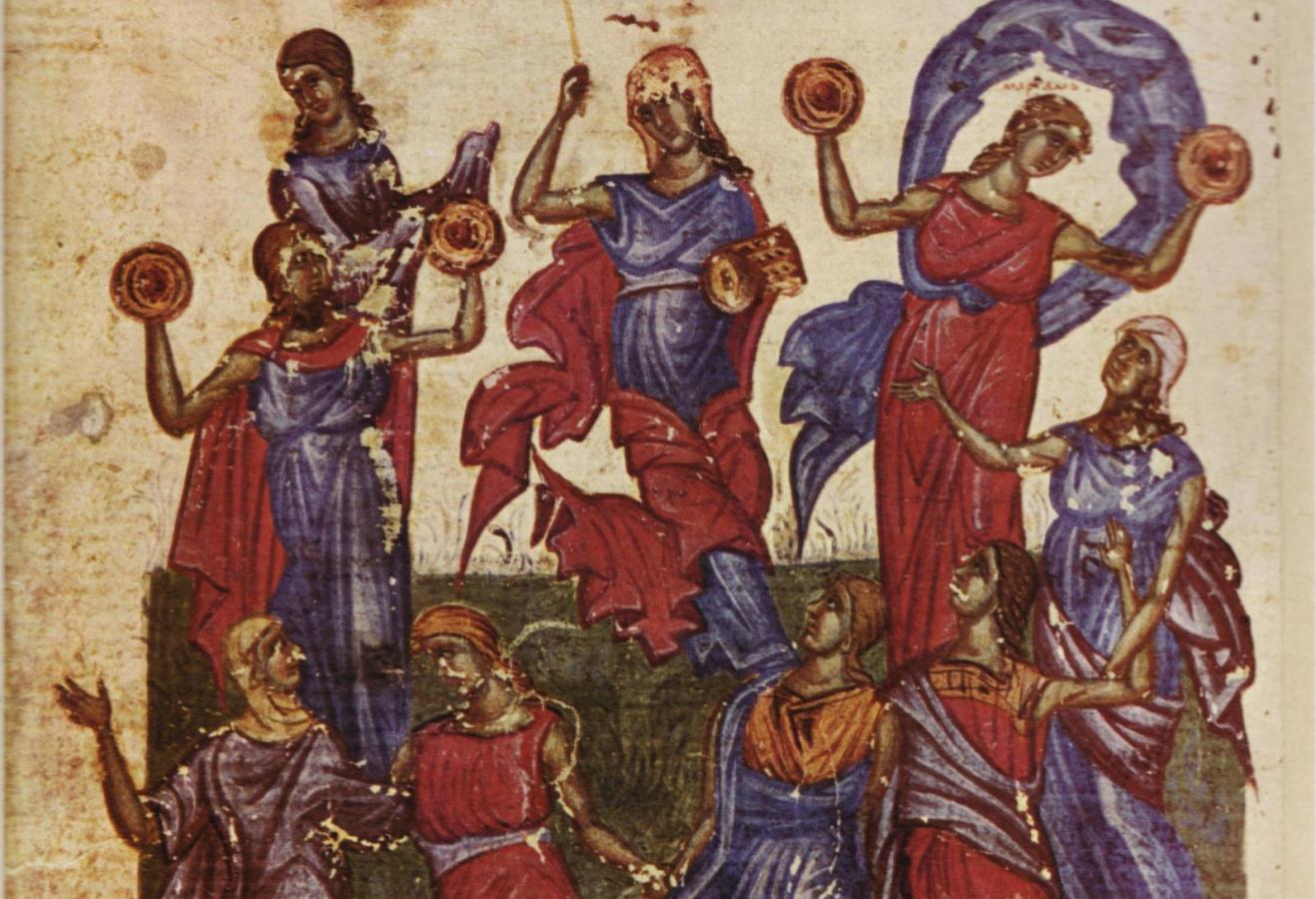Commentary on Parashat Beshalach, Exodus 13:17 - 17:16
This week’s Torah portion is Beshalach. From the Hebrew root meaning “to send,” the name of the portion reflects Pharaoh’s decree that the Israelite people may finally leave the land of Egypt.
For over 400 years, our ancestors were physically and spiritually enslaved. Their release was not only cause for joy but, more importantly, the basis of a mandate that continues to inform all of Jewish life and activity. Then and now, freedom for every one of God’s children is our constant and ultimate pursuit.
In the cycle of reading the Torah, the dream of freedom was first realized in last week’s parasha. In Parashat Bo, we read of the actual exodus from Egypt–the basis for the Passover story–and many of the Passover rituals are first recorded. All of this was undertaken in preparation for the moment that finally arrives in B’shalah when the dream is actualized, when the Jews have finally and conclusively escaped Egypt.
A New Stage, A New Song
This transition from hope to reality is important–it is a stage that, in our own lives, is often neglected or denied. The gritty territory between “leaving” and “arriving” lacks both the passion of pursuit and the satisfaction of completion. Yet, in truth, this “in-between” stage is the terrain where we spend much of our time.
Beshalach takes us to the shore of the Sea of Reeds where the Israelites, led by Moses, erupt in song. This historic moment will be reenacted in synagogues throughout the world. When the “Song at the Sea” is read, the entire congregation will rise. The tune will not be the usual chant but one reserved for this particular spectacular occasion. Even the Torah scroll reflects the miracle of the crossing: The words of the song are written in a staggered layout on the parchment–parted like waves–as a scribal tribute to the event.
The Israelites sang at the shores of the sea, but their view was more the color of blood than the color of roses. The sea through which they miraculously passed had, after all, consumed the entire Egyptian army. To commemorate this loss, on Passover we empty our own cups by ten small drops. It is difficult to imagine having the capacity to break out into song while viewing carnage of this magnitude.
Relief After A Long Journey
Like the Torah portion it accompanies, this week’s Haftarah, taken from the Book of Judges, also contains a song. This one, the Song of Deborah, was written several hundred years after the events detailed in Beshalach and was sung at the conclusion of a fierce military campaign.
The message contained in these two texts could not be any more simple. For any of us who have ever journeyed out of a narrow and dark place, we know that when we recognize our arrival to other side, it is most often accompanied by tears of relief and exhaustion. If we are to learn anything from our portion, we must also remember to sing.
A Song For The Future
The Song at the Sea begins with the Hebrew words “az ya-shir.” Written in the future tense, the phrase can be understood as saying, “thus one will sing.” It is a fitting epilogue to an awesome moment, and it is a charge to all of us who continue to pursue freedom in all of its forms. The song that the Israelites sang is as much our inheritance as the cause of freedom. This path we travel is not without blood and sweat, but we are also obligated to fill it with the sounds of joy.
Reprinted with permission from the UJA-Federation of New York.
Torah
Pronunced: TORE-uh, Origin: Hebrew, the Five Books of Moses.
Haftarah
Pronounced: hahf-TOErah or hahf-TOE-ruh, Origin: Hebrew, a selection from one of the biblical books of the Prophets that is read in synagogue immediately following the Torah reading.



